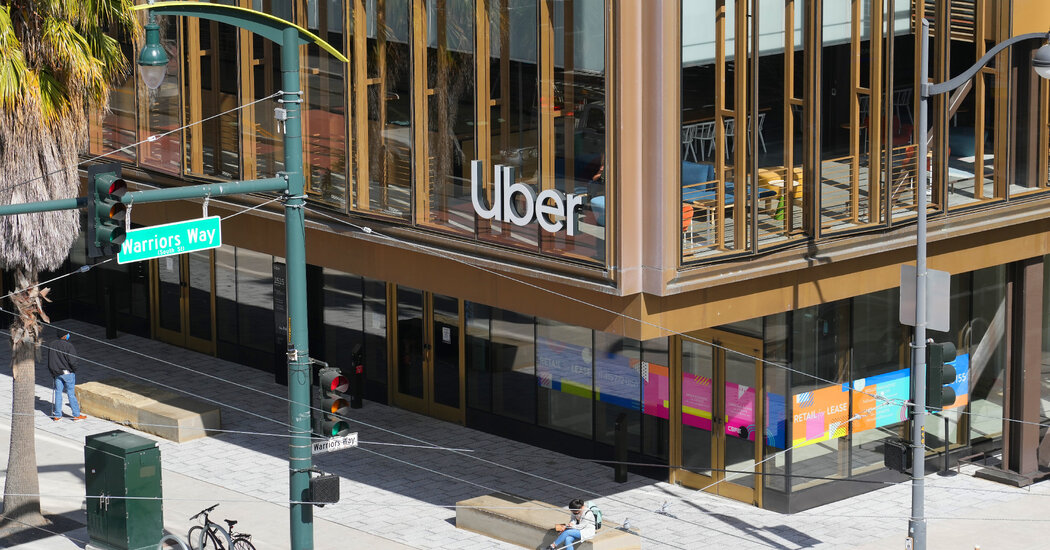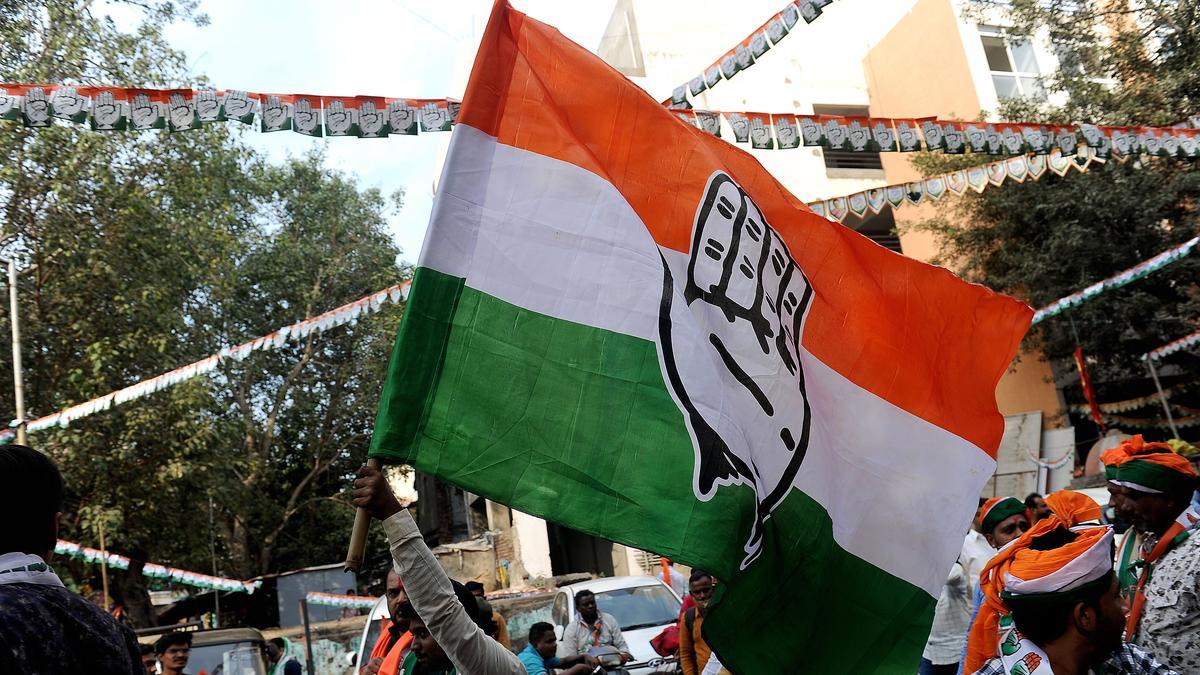
A California jury on Tuesday found Uber not responsible for the sexual assault that a woman said she experienced during a ride in 2016, an early win for the company as it battles thousands of similar lawsuits across the country.
The case was the first to go to trial in California state court proceedings that consolidated hundreds of lawsuits against Uber from passengers who claim that their drivers sexually assaulted or harassed them. Consolidating cases allows for certain procedural matters of similar proceedings to be presented before the same judge, while allowing each case to still be tried individually.
The three-week trial involved a woman who ordered a ride to the airport in San Jose, Calif., a little after 8 p.m. on a Friday in December 2016. Identified as Jessica C. during the court proceedings to protect her identity, the woman was an 18-year-old college student at the time.
Jessica testified that not long after the ride had begun, the driver had unexpectedly turned down a street, kissed her, climbed on top of her, groped her breasts and tried to take off her pants. Jessica said she had told the driver, “No, no, no,” and tried to push him off. She said that she had feared he would rape or murder her and that after the incident she had dropped out of school and suffered from post-traumatic stress disorder.
In a statement after the verdict, Matt Kallman, a spokesman for Uber, said the company’s work “to improve safety on our platform is never done.”
“Uber has worked for years to raise the bar on safety, and we’ll continue to do so in the years ahead,” he added.
The verdict on Tuesday could affect how the other cases in federal and state courts play out and the willingness on both sides to settle the claims out of court.
A central question is whether Uber is liable for the transgressions of its drivers. In some states, the company is considered a so-called common carrier, a legal classification that has traditionally applied to companies that provide transportation to the general public, such as airlines and railroads. That status comes with an obligation to protect passengers and warn them of known dangers.
Jessica’s lawyers accused Uber of negligence by failing to warn or protect her from the sexual assault. They said the company went to great lengths to cover up its sexual-assault problem, revealing Uber data unearthed during the discovery process showing that more than 558,000 Uber trips had resulted in reports of sexual assault and sexual misconduct in the United States from 2017 to 2024 — far more than what has been publicly reported.
They said the company also failed to adopt and put in place systems that could protect passengers, such as mandatory video recording during Uber rides.
Ethan P. Schulman, the judge presiding over the California state court cases, told jurors that Uber would be responsible for the woman’s harm if the company was negligent in using adequate safety measures and the negligence was a “substantial factor” in causing the harm. For that not to be the case, the jury needed to find that Uber did not know and could not have expected that someone would take advantage of the situation the company had created.
In its decision, the jury unanimously agreed that Uber had been negligent in its general safety practices when the incident occurred in 2016 — but that the negligence was not a substantial factor in causing the attack.
Daniel Lau, the jury’s foreman, said after the verdict that based on the evidence presented in the trial, Uber’s leadership appeared to have put a priority on increasing its business instead of improving safety features.
“We felt that they could have done more back in the early days of Uber, rather than just focusing on growth,” Mr. Lau said.
Uber claimed that it had deployed numerous safety measures but could not guarantee that misconduct would never happen on its platform. The company also said it was not responsible for the intentional misconduct of the driver. During the trial, Gus Fuldner, head of safety at Uber, testified that passengers used the ride-hailing service at their own risk.
The company has long maintained that a vast majority of its trips in the United States — 99.9 percent — occur without an incident of any kind and has called the suits “a legally baseless attempt to hold Uber liable for the extremely rare and unforeseeable criminal acts” of independent drivers. Uber said it was not responsible to “protect against extraordinary and unforeseeable criminal acts by third parties.”
According to Uber, the driver in Jessica’s case had passed a background check and the company had received no serious complaints against him before this incident.



